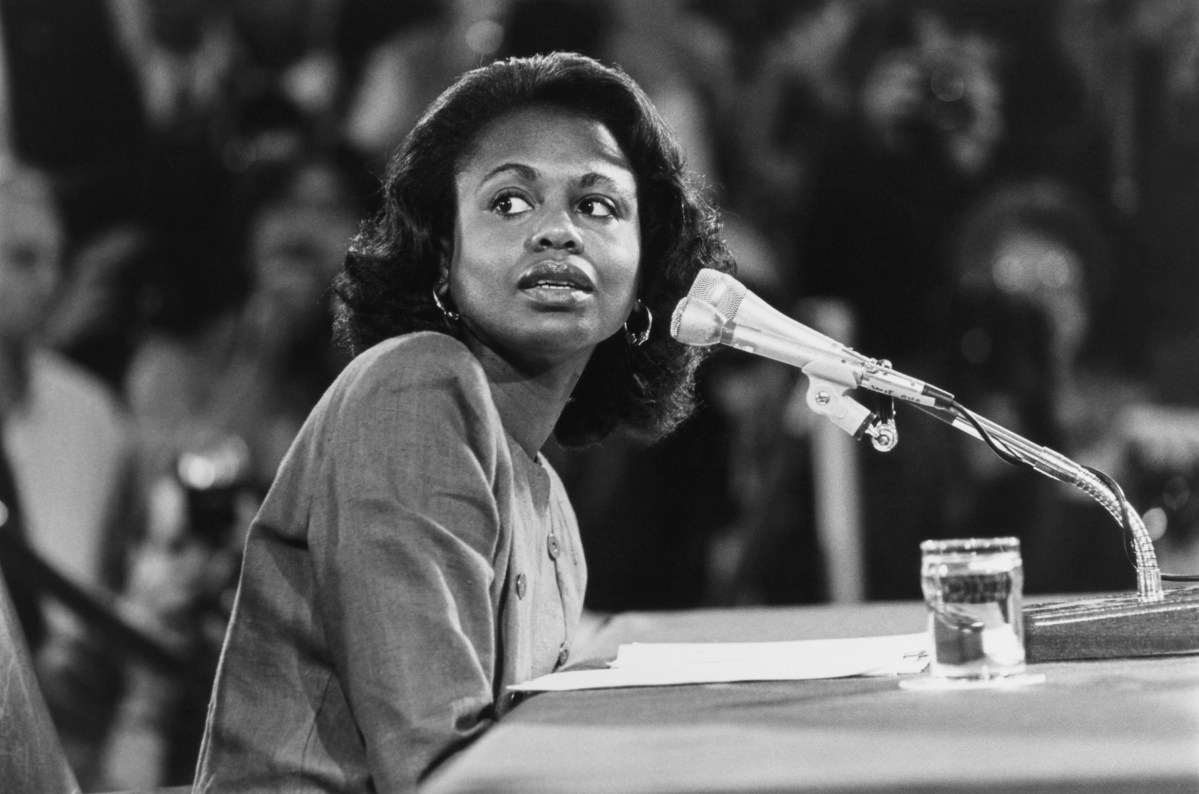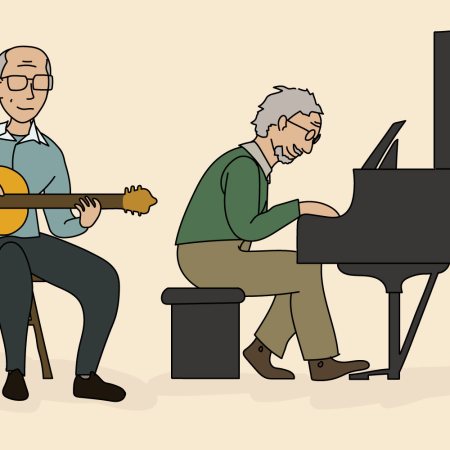As the debate over Brett Kavanaugh’s actions and attitudes towards women and his rulings in cases about women’s rights barrels on, it is important to note that before the 1970s, no one asked Supreme Court nominees anything about their attitudes towards women’s equality.
This change is thanks to women who mobilized and organized in order to elect women but also who insisted that the “women’s question” be asked and answered. Judith Resnik, the Arthur Liman Professor of Law at Yale Law School and the founding director of the Liman Center for Public Interest Law, writes in CNN that holding nominees accountable for their views about women’s equality has had a major impact on the composition of the Court and its jurisprudence.
The first time women’s rights worked its way into Supreme Court nomination hearings was 1970, when nominee George Harrold Carswell was before the Senate. Patsy Takemoto Mink, the first nonwhite and first Asian-American woman in Congress, and Betty Friedan, founder of the National Organization for Women (NOW) both testified against him. Carswell’s nominate was rejected, though his stereotyping of women was just one issue on a list of many complaints against him. Mink and Friedan, however, paved the way for nominees thereafter to be asked about women’s rights.
But Resnik, who has testified in hearings on judicial nominees, served on the Ninth Circuit Gender Bias Task Force, was one of the lawyers for Anita Hill, and writes about the federal judiciary, still questions: Has the Senate changed? Kavanaugh faces allegations of sexual assault and harassment from multiple women. What happens in the near future will tell the nation much about what the Senate has learned.
Thanks for reading InsideHook. Sign up for our daily newsletter and be in the know.


















